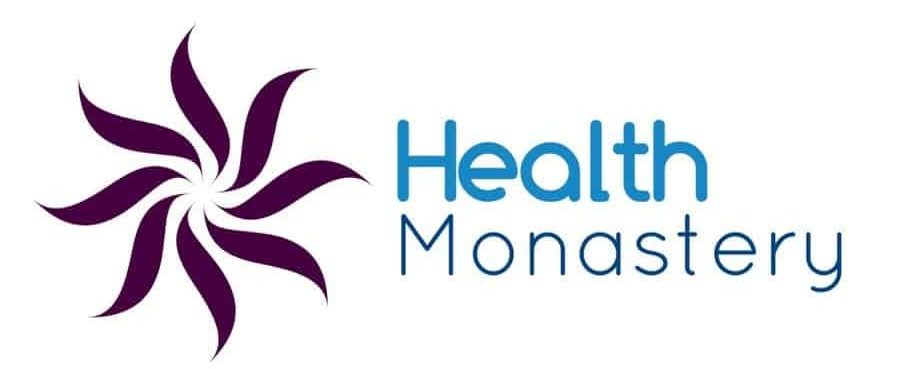Have you ever felt a thump in your chest, or as if your heart forgot to beat? Or like a race between a hare and a tortoise? If so, it’s probably heart palpitations.

What is heart palpitations?
Palpitations are noticeable heartbeats that can make you feel as though your heart is beating in your throat. Yes, and you may have hard, pounding, thumping, or fluttering heartbeats in your chest, neck, or throat.
Heart palpitations make you more aware of your heartbeats. One episode of palpitations is enough to bring hell out of you. Even you feel like passing out.
These can be of two types
- First those which are not serious and go away on their own.
- Second which are serious and needs a medical attention.
Causes of palpitations
Various things can trigger your heart rate to race such as:
- Spicy food habits
- Excessive caffeine intake
- Lack of sleep
- Stress
- Anxiety
- Fear
- Panic attacks
- Shock
- Fever
- Dehydration
- Anaemia
- Low blood sugars
- Hormonal changes
- Electrolyte imbalance
- Inhaler used in asthma can cause palpitations
- Cocaine
- Otc medications
- Smoking
- Heart disease
- Sleep apnea
Most palpitations are not harmful and some home remedies can help you manage them well. Keep reading to learn how you can treat palpitations at home.
1. Learn relaxing techniques
Stress, shock, anxiety are the most common triggers for heart palpitations. Because whenever you are excited or frightened, your adrenaline level increases which can lead to a fast heart rate.
Slow breathing exercises like meditation, yoga or tai chi are good relaxing techniques to lower your stress level. Taking deep breaths every two hours also helps to keep you calm.
Enjoy some new time and do what you love to do will also help to lower your stress level.
2. Drink enough water
Dehydration is the commonest cause of palpitations. This is because your blood contains water, and when you are dehydrated the blood becomes thicker, and the heart has to pump harder.
Whenever you see dark or brown urine, try to take more liquids to prevent palpitations.
3. Vagal maneuvers
The vagus nerve connects your brain to your heart and when your heart rate is fast, vagus nerve stimulation helps. It helps control the heart rate and you can do vagal maneuvers at home.
Follow these steps to stimulate the vagus nerve:
- Take cols showe
- Splash ice cold water on your face
- Chant ‘OM’, or cough
- Hold your breath or bend over as if you are passing a bowel movement.
4. Eat a balanced diet
A balanced and heart-healthy diet also prevents heart palpitations. A heart-healthy diet consists of fresh fruits, fresh vegetables, salads, whole grains, lean proteins and healthy fats such as nuts and fish.
Avoid unhealthy fats and junk food that can cause palpitations. Also, limit your spice intake as induced gastritis can also cause heartburn and palpitations
5. Avoid triggering factor
Many substances can stimulate palpitations. Eliminating these substances also regulate heartbeats and controls your symptoms. These are:

- Caffeinated beverages and food
- Alcohol consumption
- Tobacco products
- Cannabis
- Few medications
- Illegal drugs as amphetamines, cocaine and more
Everyone may have different triggering factors and you need to note what causes you to have palpitations.
Eliminate all substances that cause you palpitations. If you are triggered by any medication, consult your doctor before stopping that drug.
6. Exercise regularly
Regular physical exercise is a good appetizer for physical, mental and emotional health. Daily physical activity for 40-45 min is good to lose weight, regulating blood pressure and helping to improve heart health.
7. Valsalva maneuvers
A Valsalva maneuver is a breathing technique to regular fast heart rate back to normal.
How to do valsalva maneuvers
- Pinch your nose.
- shut your mouth
- Try to exhale.
- Lean down, as if passing a bowel movement.
- Do these steps for 10 to 15 seconds.
8. Stress Management
Practising stress management helps in reducing palpitations, blood pressure and stress-related health issues. Try to minimise your stress level as much as possible. You can try deep breathing, exercises, walking, journaling or listening to calm music.
In many cases, you don’t need medication to stop your palpitations. You can practise the above-mentioned ways to get your heartbeat to normal. Try deep breathing and calming yourself down during that application attack.
When to see a doctor
If you are having frequent palpitation episodes along with other symptoms like dizziness or pain then you should consult a doctor for proper investigation for the underlying cause like any heart disease or thyroid dysfunction. See medical attention if you notice any of the following associated symptoms:
- fast heartbeat with dizziness and low blood pressure
- cardiac arrest with palpitations
- stroke
- heart failure
I hope this article was informative. Be sure to sign up for my free newsletter so you can receive new health-related posts where I offer an alternative approach to medical conditions. You can also follow me on Instagram, Facebook and Pinterest.
